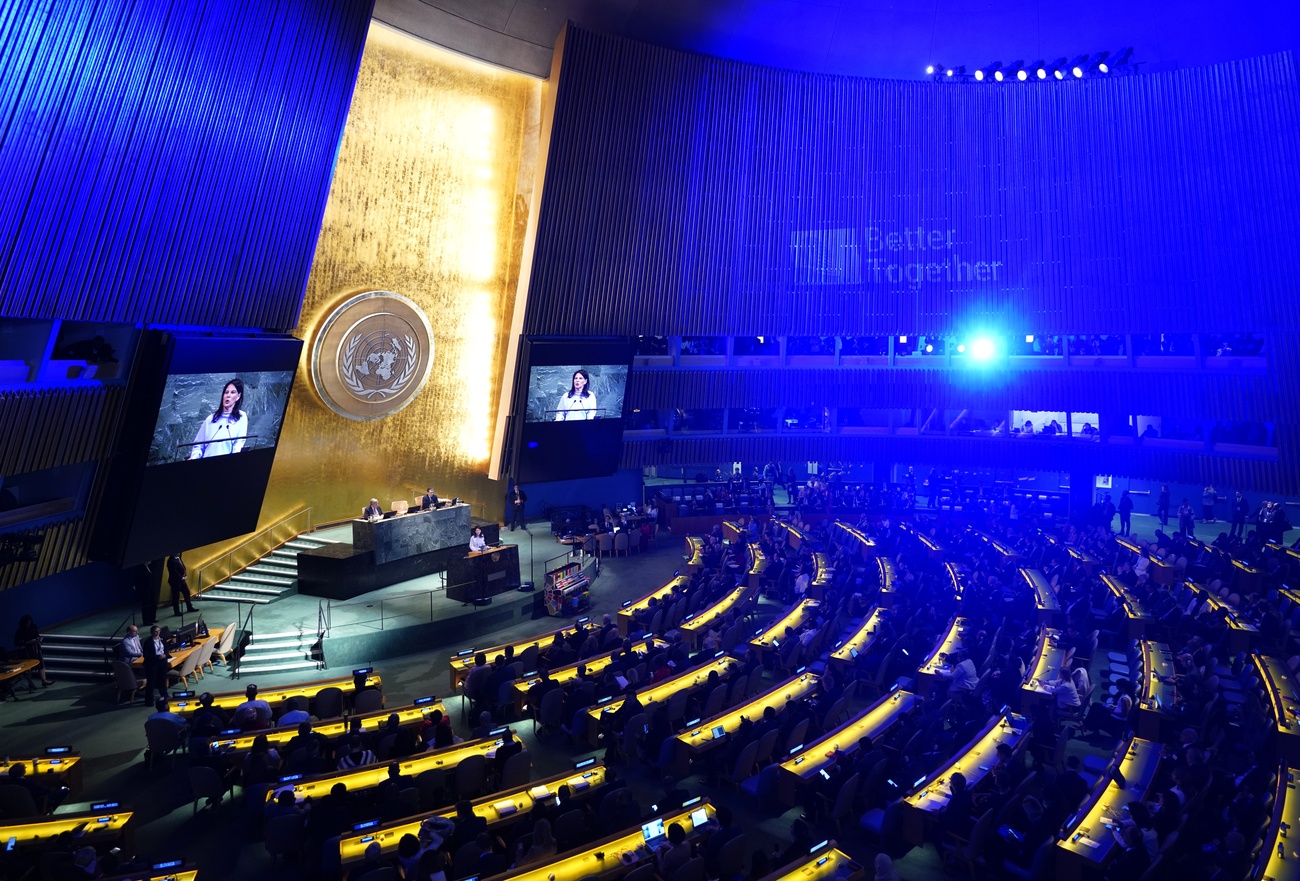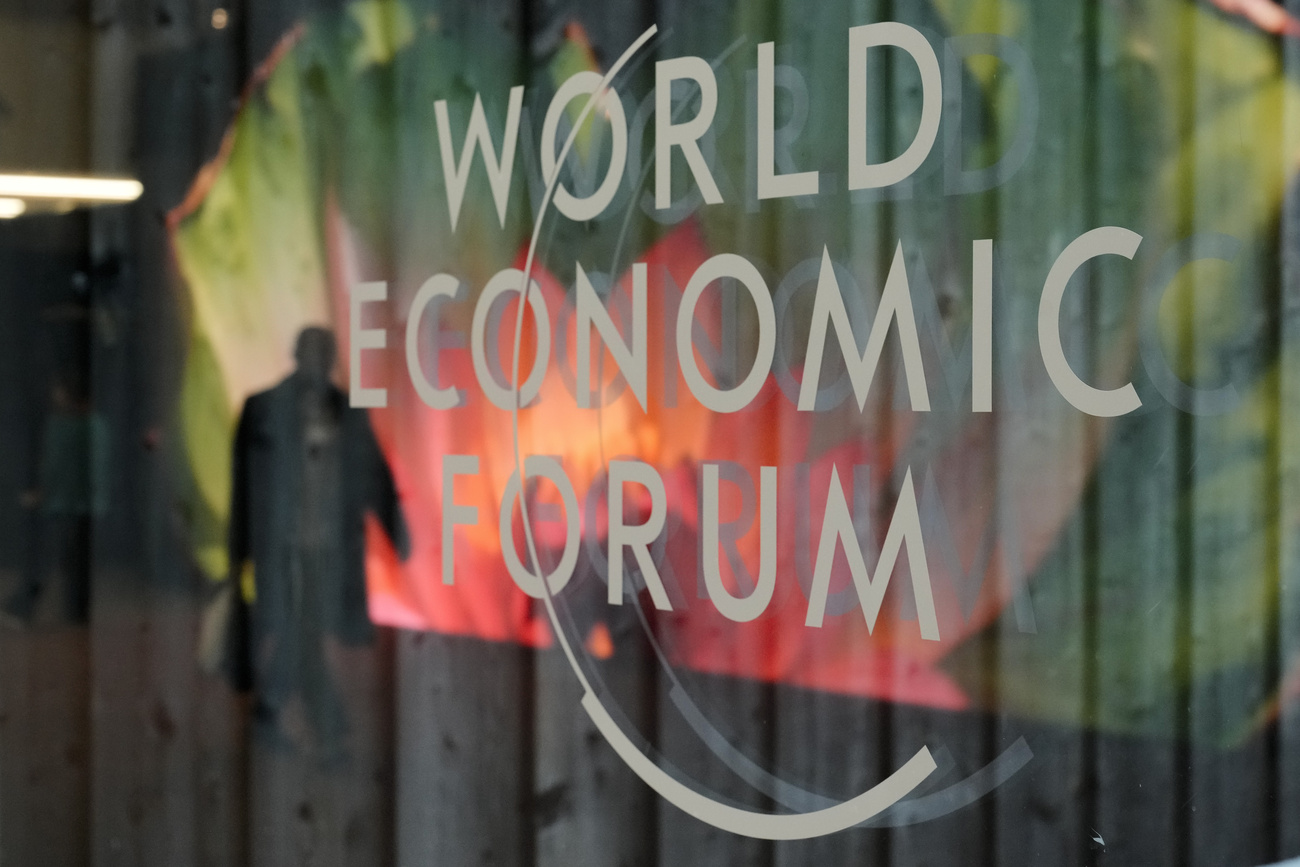

Tobacco sponsorship, Novartis’ data secrets and operating in difficult places
When governments make friends with Big Tobacco, they are bound to ruffle some feathers.

In late July, news of the sponsorship deal between the Swiss foreign ministry and Philip Morris International led to a public outcry and eventual backtracking by Foreign Minister Ignazio Cassis.
To bring you up to speed, the Swiss foreign ministry agreed to a sponsorship deal with the largest tobacco firm, which happens to be based in Lausanne, for the Swiss pavilion at the World Expo in Dubai in 2020. Global health advocates denounced the move and the government eventually severed ties and committed to review sponsorship criteria.
Messy mixing of business and politics wasn’t just an issue in the World Expo deal. Philip Morris also contributed funds for the opening ceremony of the Swiss embassy in Moscow and an investigation by Republik magazine found that the foreign ministry also used its political influence in Moldova to nudge local laws on smoke-free tobacco products in the company’s favour.
The whole debacle raises a host of questions: What should the ground rules be for government ties to multinationals? Is it ok for more traditionally Swiss companies like Nestlé or Novartis to sponsor official government events? Where do we draw the line?
What do you think? Do you know of any questionable sponsorship deals in Switzerland or elsewhere? Send me your thoughts: jessica.davis@swissinfo.ch
What else do I have my eye on?
Remember that really expensive gene therapy that created such a frenzy a few months ago? This week the US Food and Drug Administration reported that the Novartis unit developing Zolgensma, which treats spinal muscular atrophy, failed to disclose potential data manipulation to regulators before the treatment was approved.
Novartis stands by the treatment, stating that the data were for an earlier testing phase and no longer for use. But, it begs the question: are we jumping too quickly on board these exciting new treatments that promise a cure? And, as Bloomberg writes, the case raises questions as to whether pharma companies are doing enough on the ethics front.
In other news, Swiss building materials company LafargeHolcim was listed in a United Nations report that cited it and 58 other foreign firms as having some form of commercial ties to conglomeratesExternal link controlled by the Myanmar military, which has committed serious human rights violations. According to the UN report, a LafargeHolcim subsidiary shared board leadership with the conglomerate. The company said it ceased operations in the country in 2018.
The case highlights the challenges companies face when operating in countries whose political situations quickly change from being an economic frontier to a problematic human rights situation.
What is coming up?
We’ll be publishing our interview with a co-founder of the rapidly growing Swiss footwear multinational – On running.
Thanks for sharing your questions and reactions. We want to hear more. Do you work at a Swiss-based multinational company and have information about its operations abroad the public should know? Send us a tip: jessica.davis@swissinfo.ch
Thanks for reading.
Jessica

In compliance with the JTI standards
More: SWI swissinfo.ch certified by the Journalism Trust Initiative


























